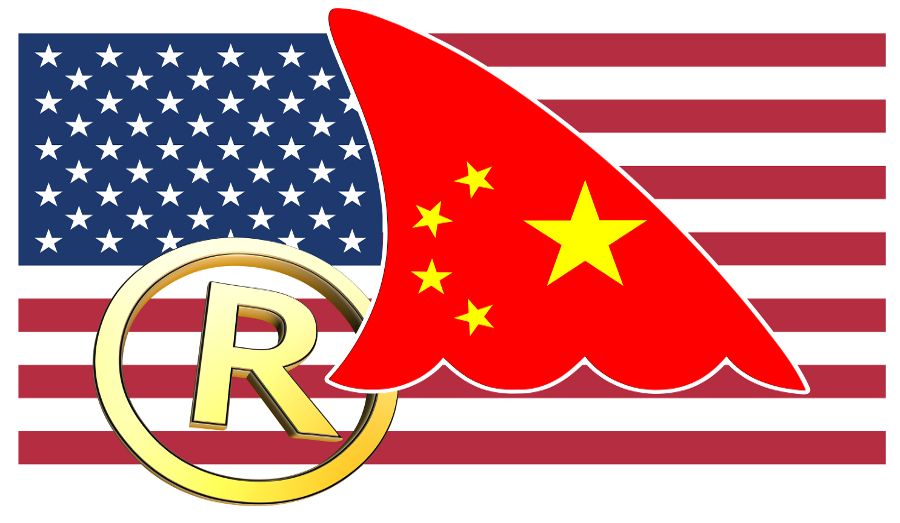Intellectual property theft is a major concern among US corporations, and for good reason. If competitors get a hold of an idea that has taken huge amounts of research, they can replicate the product and outcompete the originator or inventor without having to spend huge amounts of money on research and development. That then reduces the incentive for companies to do R&D.
China is one of the world’s largest purveyors of intellectual property theft, doing everything it can to get a hold of data from Western governments and corporations in an attempt to catch up with the rest of the world. And a recent case of spying has many on edge that China may have gained access to crucial US military data.
A US citizen of Chinese origin, Jizhong Chen, was charged in January with stealing some of Apple’s trade secrets and attempting to provide them to a Chinese startup company. But federal investigators found that Chen had significant amounts of confidential or secret material that he had procured from previous employers, including Raytheon and General Electric.
Among them were documents containing data on the US military’s Patriot missile system. The files, dating from 2011, were not supposed to be held outside secure Defense Department locations. How did Chen get a hold of them, and was the data passed on to China?
Given how long Chen has had the data, and given the charges against him, there’s every chance that China does have that data, and may have had it for years. And it means that Chen was a very dangerous employee who was very likely passing on all sorts of confidential data to China.
This isn’t the first time that a US citizen of Chinese origin has been found to have confidential data that he wasn’t supposed to have. You would think that US companies would learn their lesson by now and vet their hires better or keep tabs on their employees and what kind of information they’re accessing. This kind of lackadaisical attitude towards trade secrets and even military secrets is endangering not just the bottom line of American companies, but also the national security of the United States.
This article was originally posted on Red Tea News.





